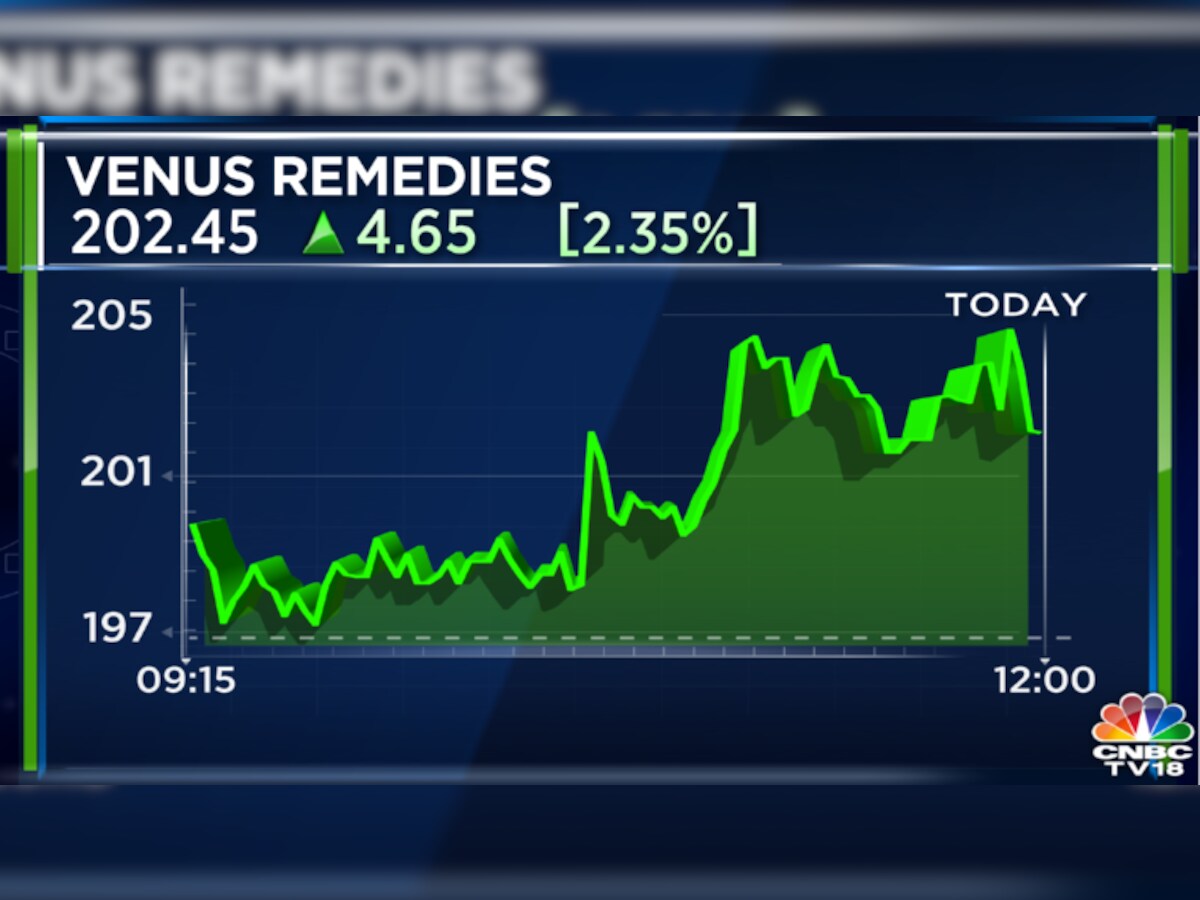Chandigarh: Pharma major Venus Remedies on Tuesday said it has secured a good manufacturing practices (GMP) certification from Kenya for all its production facilities at Baddi, in Himachal Pradesh.
The Pharmacy and Poisons Board (PPB) of the Kenyan Health Ministry granted the certification following a rigorous audit of the company’s production facilities in Baddi, a company statement said.
With this, the number of international GMP certifications for Venus Remedies has gone up to 25, it said.
This recognition encompasses a wide range of parenteral formulations, including pre-filled syringes, ampoules, vial liquids and lyophilised and dry powder injections, it said.
Notably, the GMP certification extends to the manufacturing facilities for cephalosporins and carbapenems as dry powder injections, oral granules and liquid and lyophilised oncology products.
“This GMP certification validates our relentless pursuit of excellence and further strengthens our position as a leading manufacturer of fixed-dosage injectables.
“It paves the way for consolidating our position in Kenya and other African markets as part of our global expansion plans,” said Saransh Chaudhary, president, global critical care, Venus Remedies Ltd.
The GMP from Kenya, estimated to be a USD 780 million market, is set to bolster the expansion of Venus Remedies in the COSMEA (Common Market for Eastern and Southern Africa) region, of which Kenya is a key member, and subsequently the entire African pharmaceutical market, which is estimated to be worth USD 7.3 billion.
The company has a presence in Uganda, Tanzania, Kenya and Rwanda countries in Africa, where the pharmaceutical market is expected to grow up to USD 2.8 billion by year 2023 at a CAGR of 10 per cent.
The company will leverage this certification to bring its diverse range of high-quality products to the Kenyan and other African markets, thus making a positive impact on healthcare in the region, Akshansh Chaudhary, Executive Director, Venus Remedies, said.
The GMP certification awarded by Kenya comes just three months after the company secured a GMP approval from Saudi Arabia, which is expected to speed up the process of marketing authorisations for the company’s products in Gulf Cooperation Council (GCC) and Middle East and North Africa (MENA) regions.






